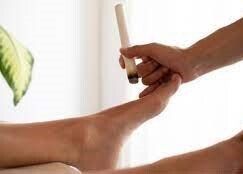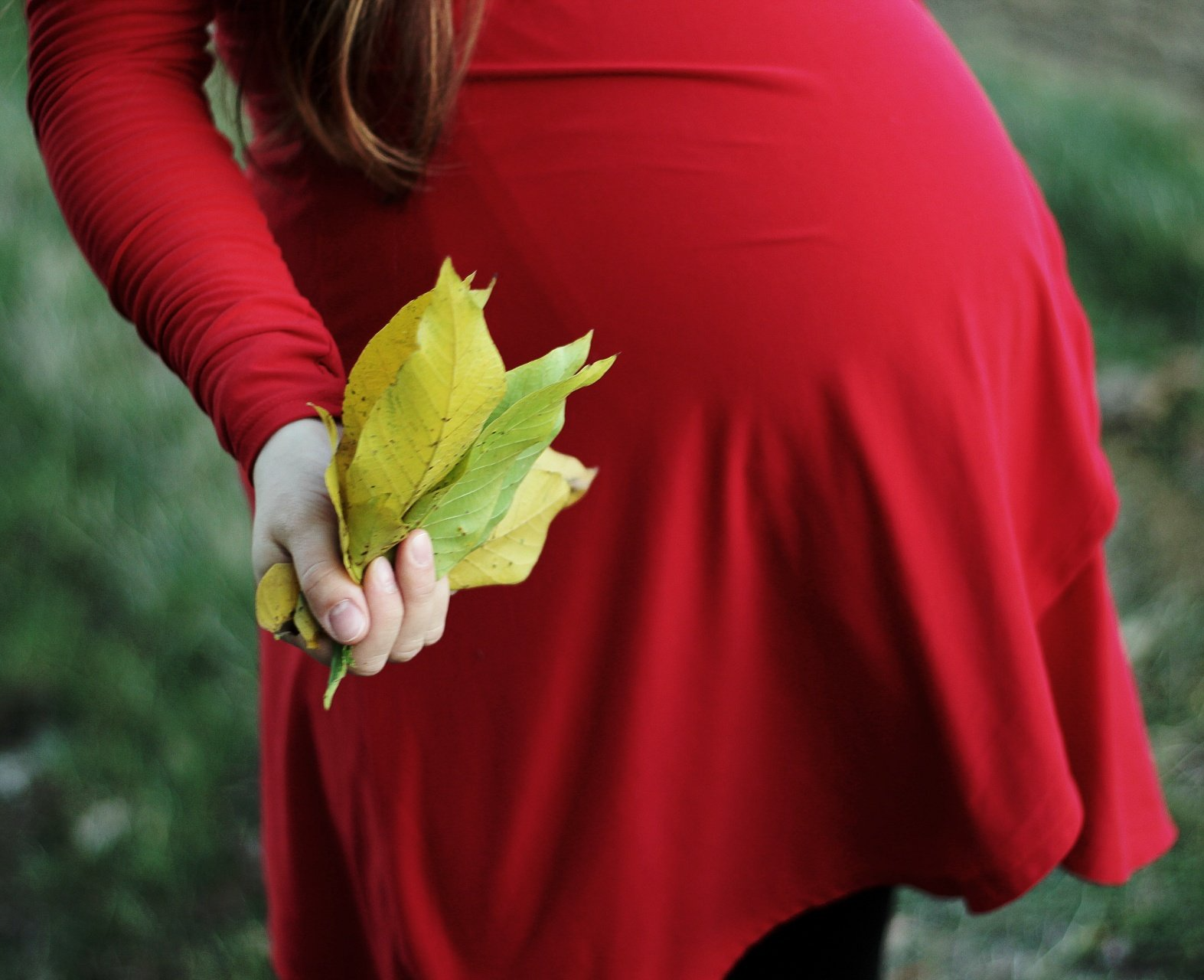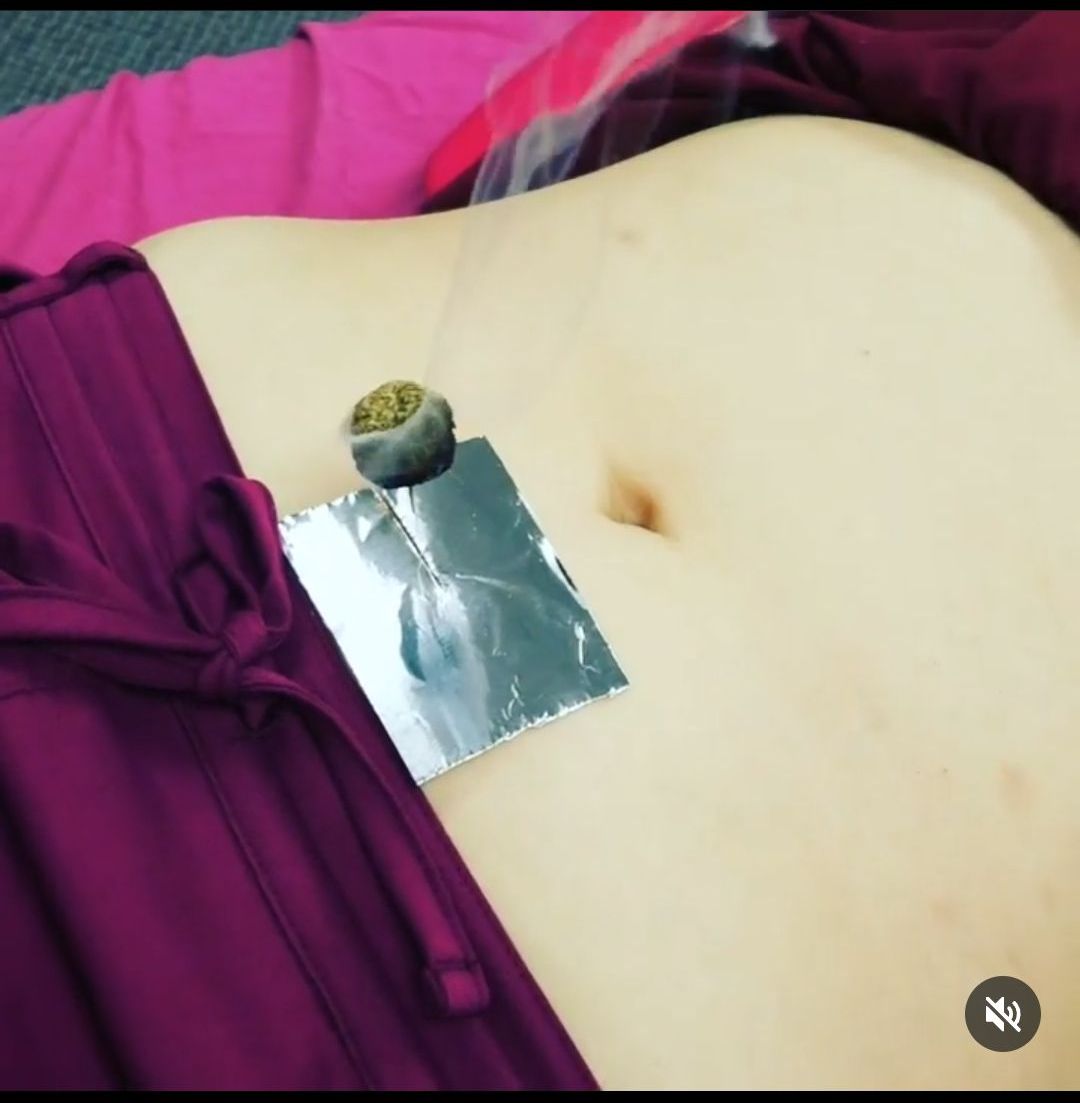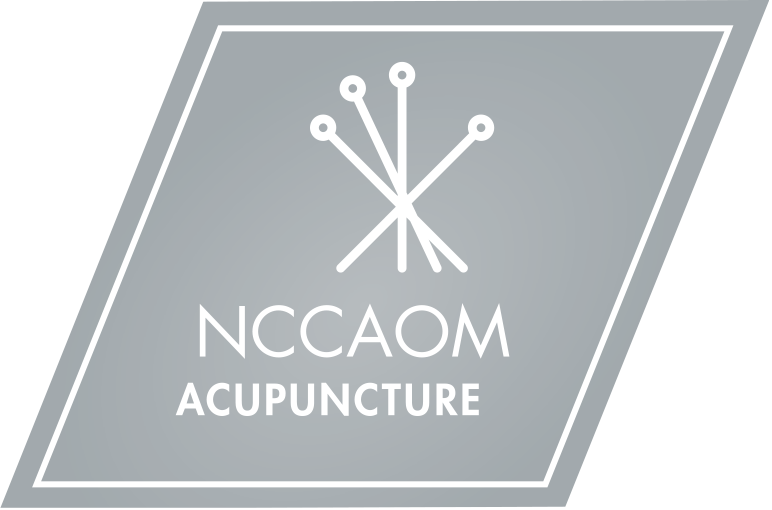Acupuncture for Fertility, Pregnancy and Labor
Whether you're trying to conceive, already pregnant, or soon to deliver- Acupuncture can provide relief from the pains of pregnancy or help you achieve your goals
There is strong evidence to support that acupuncture is highly effective at treating some of the most common problems experienced during pregnancy including morning sickness, heartburn, and sciatica. Acupuncture is also helpful with delivery for helping breech babies turn and preparing your body to go into labor.
How can Acupuncture be beneficial during pregnancy?
Acupuncture during pregnancy may be helpful if you are experiencing any of the following symptoms:
- Back pain and sciatica
- Breech baby
- Constipation
- Depression
- Edema/ swelling
- Fatigue
- Headaches
- Heartburn
- Hemorrhoids
- Mood swings/Irritability
- Nausea and vomiting/ 'morning sickness'
- Pelvic pain
- Sleep problems
Can Acupuncture Help with Fertility?
It’s important to understand that the science behind acupuncture is not clear-cut: integrative health approaches like acupuncture and herbal medicine are studied less than other practices. While fertility science is evolving, there are still really big gaps in the research.
That said, even if an aspect of treatment isn’t validated by large-scale, randomized trials, it can still have great benefits for you as an individual. Ultimately, personal experience can be just as valuable as scientific evidence.
While new data emerges every year, there’s still nowhere near enough research on fertility-specific acupuncture’s effect on fertility and reproductive health-related conditions. Some studies suggest that acupuncture of any kind (not just fertility-specific acupuncture) may increase live birth rates in patients doing IVF treatment. Others demonstrate that it helps ease fertility-related stress and anxiety. There are no significant short- or long-term negative effects of acupuncture.
Here’s what the American Society for Reproductive Medicine has to say: “Acupuncture proponents have recommended it for a variety of medical conditions that affect fertility. These include polycystic ovary syndrome (PCOS), fibroids, endometriosis, and issues with ovarian reserve and sperm quality. It may also help relieve some of the side effects associated with fertility drugs (such as bloating and nausea). Acupuncture has been shown to promote relaxation. While some medical studies have shown acupuncture to be helpful in treating these fertility problems, other studies have not.”
A Systematic Review Meta-Analysis in 2019 found that: "The pregnancy rate was significantly improved with treatment (RR = 1.84, 95% CI 1.62 to 2.10, P < .00001), compared to that in the control group. Subgroup analysis showed that comparing with pure western medicine intervention, no matter intervention with acupuncture alone, with acupuncture plus western medicine, with acupuncture plus Chinese medicine, or acupuncture plus Chinese medicine and western medicine, all of these subgroups exhibited significant improvement. The subgroup according to different types of infertility showed a significant improvement in infertility caused by polycystic ovary syndrome, tubal infertility, ovulatory disorder, and other factors. In addition, the ovulation rate and endometrial thickness were significantly increased. The level of LH was obviously decreased. Moreover, with acupuncture, less adverse effects occurred. "
It has been shown that acupuncture can help lower anxiety and stress levels, which can soar through the roof. In fact, it's not uncommon for fertility doctors to endorse acupuncture for relaxation purposes.
Acupuncture and other fertility factors
Fertility hormones: We have reason to believe that acupuncture-induced signals make their way to the brain and affect areas like the hypothalamus (which is at the top of the control center for the production of many fertility hormones). Dialing up or down the activity of the hypothalamus can therefore affect levels of hormones like FSH and LH, which are crucial for ovulation (and thus for conception).
Direct evidence from large-scale studies of acupuncture affecting reproductive hormones in people is scant, probably in no small part because of the logistical and financial challenges of studying personalized treatments in the context of large-scale studies. But studies of female rats do find that acupuncture affects almost all reproductive hormones. Specifically, one recent study found that acupuncture administered to female rats every three days for a total of 15 days altered almost all reproductive hormones they looked at. We have yet to see how applicable this is to humans, who are a different species and have different treatment regimens.
Thyroid function: Hormones related to thyroid function may impact fertility outcomes, meaning thyroid function may be an important thing to keep in check for people who are trying to conceive. Some reviews have suggested a beneficial impact of acupuncture on thyroid function.


Breech Babies and Moxibustion
As a baby develops, the amount of room in the uterus for them to move decreases. At about 32-34 weeks, medical practitioners start to be concerned if the baby hasn't naturally turned to a head-down position. If the baby doesn't turn, it is called a breech presentation. Breech presentations can make birthing person's delivery more difficult and many medical providers may not be experienced in delivering a breech baby vaginally. Only the baby can turn the baby, however we can work together to create the optimal conditions for baby to turn.
I recommend the following weekly regimen, starting at week 32, to help a baby to turn naturally. Usually treatments have to be done before week 38 so that the baby has enough room in the uterus to move. This is a very relaxing session which includes moxibustion (or "moxa") near your baby toe to stimulate your baby to move. Moxibustion is a therapy of burning dried mugwort near particular points to warm regions of the body and stimulate circulation.
Traditional Chinese Medicine (TCM) has been shown in clinical trials to be effective at turning a breech baby naturally. Western medicine can't explain why acupuncture is so
effective at turning breech presentations, but it has been working for over 3000 years.
Preparing for Labor with Acupuncture
As a medical term, "labor induction" means leading the patient into labor, by initiating contractile activity. I avoid the phrase, not because acupuncture can't initiate contractions--it can, as we have seen--but because in most cases where contractions haven't started spontaneously there's a reason why. Challenges of position, hormonal activity, cervical ripening and/or emotional preparedness cause delayed labor onset more often than simple lack of contractions. Accordingly, most moms benefit more from preparatory work based on their personal situation, than from generic stimulation of contractions.
For pregnant persons who wish to avoid medical intervention to start labor, but who are near or over term, acupuncture can be effective in helping the birthing person and baby to reach the right level of energy and balance of hormones to advance towards labor.
Research studies in the last 10 years have helped us understand the role acupuncture can play in labor and delivery. Studies show that acupuncture treatments can relieve labor pain, promote uterine contractions, shorten the birth process, and treat postpartum disorders. These clinical findings were the result of acupuncture's ability to influence serum levels of prostaglandins, estrogen, and oxytocin along with stimulating uterine contractility.
To help prepare for labor, I perform an acupuncture treatment which is very relaxing and also helps the birthing person prepare mentally for labor. I suggest beginning treatment to stimulate the transition into labor starting at 36 weeks. Once per week acupuncture these last few weeks of pregnancy allow enough time for the acupuncture stimulation to have a gentle but significant effect on the hormone changes involved. If a person waits until their due date or past due, they will need to receive treatments daily in order to maintain the momentum created after each session.
During the acupuncture treatment, the birthing person may notice increased movement of their baby and some contractions. Many patients experience increased contractions in the evening and night after a session. Each subsequent week or day of treatment the birthing person should have more signs that they are moving more in the direction of active labor. The effects of acupuncture treatment are not as instantaneous as a medical induction and multiple treatments are usually necessary.
I structure my labor preparation packages to start around 30 weeks of pregnancy in order to get a head start on balancing the body's energy and addressing any aches and pains that may be occurring. This ensures concerns can be addressed in a timely manner and that the transition in the last few weeks of pregnancy may be smoother as a result. If you have questions about your specific situation, please reach out!
For more information and articles on this topic you can see:
Acupuncture for cervical ripening and induction of labor at term—a randomized controlled trial.
Rabl M, Ahner R, Bitschnau M, Zeisler H, Husslein P.
Wien Klin Wochenschr. 2001 Dec 17;113(23-24):942-6.
Smith CA, Crowther CA. Acupuncture for induction of labour.
Cochrane Database Syst Rev. 2004;(1):CD002962
Rabl M., Ahner R., Bitschnau M., Zeisler H., Husslein P.
Acupuncture for cervical ripening and induction of labor at term—a randomized controlled trial. Wien Klin Wochenschr. 2001 Dec 17;113(23-24):942-6.
PMID: 11802511
Dunn PA, Rogers D, Halford K. Transcutaneous electrical nerve stimulation at acupuncture points in the induction of uterine contractions.
Obstet Gynecol. 1989 Feb;73(2):286-90.
PMID: 2783481
In-Hospital Acupuncture or In-Home Acupuncture
I am credentialed to practice in the Obstetrics Departments of both Strong Memorial Hospital and Highland Hospitals in Rochester, NY. I can also provide acupuncture in-home, hospice, or independent living.
Rates:
$200 for the first hour
$100 for each additional hour
In-Home or In-Hospital Acupuncture is booked through the Newark, NY office location in the Patient Portal Here. Or by texting 585-210-0258
"Acupuncture is a complementary therapy that is used to confer beneficial effects on pregnancy and delivery. For pregnancy, there is some evidence that acupuncture has positive effects, including easing nausea and vomitting,9 relieving back pain,10 reducing insomnia,11 and ameliorating depression.12 In childbirth and delivery, acupuncture has been reported to be beneficial for inducing labor,13 shortening the time of labor,13,14 avoiding post-term dates, and reducing postpartum bleeding.14,15 Acupuncture has also been cited as an effective tool for cervical ripening and induction of labor.15" Full Text Here
You might consider adding Acupuncture to your birth plan if you want to use acupuncture as a pain management strategy for labor pain or if you are having a medical induction to potentially aid in reducing the amount of time required for medical induction, reduce pain during induction, and aid in cervical ripening.
*Subject to Availability unless booked with Doula Services*
Moxibustion/ "Moxa"
Moxibustion is a type of traditional Chinese medicine. It involves burning moxa, a cone or stick made of ground mugwort leaves, on or near your body’s meridians and acupuncture points.
Practitioners believe that the resulting heat helps stimulate these points and improves the flow of qi (energy) in your body. According to traditional Chinese medicine practices, this increased qi circulation can help with a range of health issues, from chronic pain to digestive troubles.
Read on to learn more about moxibustion, including how it’s done and the research behind it.
How is it done?
Moxibustion can be applied directly or indirectly.
In direct moxibustion, the moxa cone rests on your body at the treatment point. The practitioner lights the cone and lets it burn slowly until your skin begins to turn red. Once you begin to feel heat, the practitioner removes it.
Moxa can also be placed on the acupuncture needle and ignited. It burns on the needle until it’s extinguished. The heat travels through the needle to the acupuncture point.
Indirect moxibustion is more commonly practiced. It’s also a safer option, since the burning moxa doesn’t actually touch your skin. Instead, the practitioner will hold it about an inch from your body. They’ll remove it once your skin becomes red and warm.
Another method of indirect moxibustion uses an insulating layer of salt or ginger between the cone and your skin. In another option, “moxa boxes” may be filled with moxa, ignited, and placed on the body.
What are the potential benefits?
According to a 2018 review, moxa is a medicinal plant that may have several health benefits, including:
- treating and preventing malaria
- anti-inflammatory effects
- lowering blood pressure
- preventing or slowing free radical damage to cells
- reducing muscle spasms
- protecting the liver
Moxibustion is a form of traditional Chinese medicine. According to the American Institute of Alternative Medicine (AIAM), the purpose of moxibustion is to:
- strengthen the blood
- stimulate the flow of qi
- maintain a person’s general health
A 2020 systematic review proposal notes that moxibustion may also play an important role in pain management and preventing and treating diseases.
Potential uses
Applying moxa heat to the treatment area will dilate blood vessels, promote blood flow, and help with muscle relaxation.
The AIAM states that individuals receiving moxibustion usually feel a pleasant heating sensation that penetrates deep into their skin.
Moxibustion may be useful for people who want to try acupuncture but do not like needles. Both techniques involve the use of acupoints. According to traditional Chinese medicine, acupoints are areas on the skin that allow access to energy pathways or “meridians” inside the human body.
The AIAM says that acupuncture may help treat the following conditions:
- digestive disorders, such as acid reflux and irritable bowel syndrome
- chronic pain due to conditions, such as:
- fibromyalgia
- osteoporosis
- carpal tunnel syndrome
- migraine
- acute pain due to conditions, such as:
- sports injuries
- nerve or joint damage
- headache
- sleep disorders, such as insomnia and sleep apnea
- stress, anxiety, and depression




